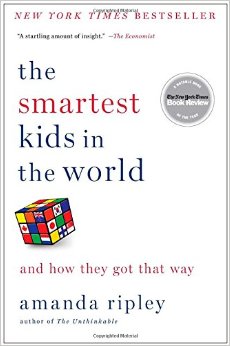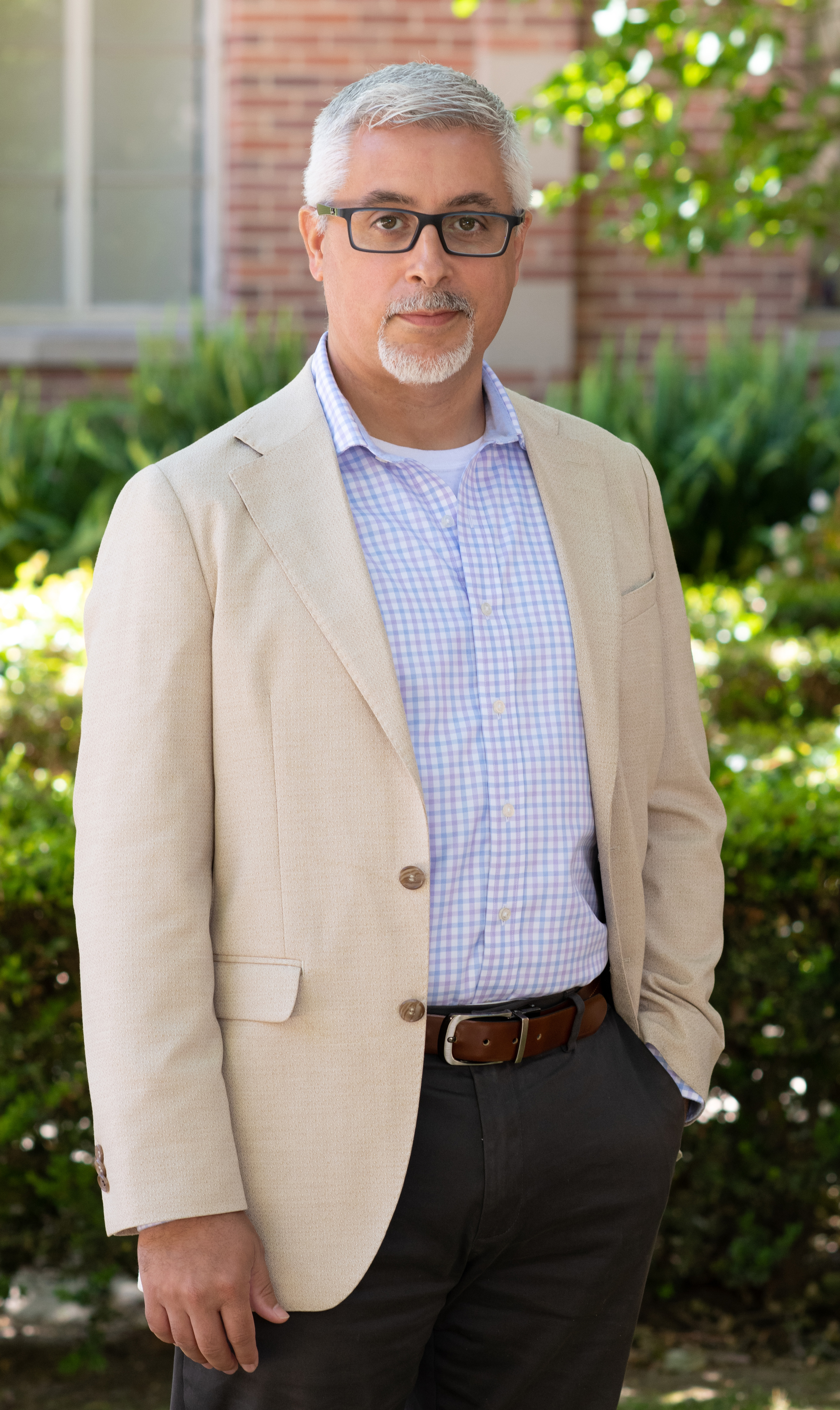 |
The Smartest Kids in the World And how they got that way
Amanda Ripley
Simon & Schuster Paperbacks, first paperback edition, 2014
ISBN: 978-1-4516-5443-1 |
This is not an academic book, but it is certainly eye-opening and sobering. The author follows three American students as they complete a one year study abroad program to compare the quality of school education between the United States and three countries: Finland, Korea and Poland. Those three countries were chosen specifically because they consistently score higher in the PISA (Program for International Student Assessment) tests than the United States, and the author wonders what might explain those differences. Through her narrative we learn that these countries have more pragmatic public policies regarding education as well as a deeper social sense that schooling is truly important. On the other hand, the United States tends to value sports more than education and tends to underestimate the learning potential of its students, which in turn erodes the quality (the author calls this “rigor”) of the education. I agree (as does the author) that drawing firm and overarching conclusions about education based on such limited observations is imprudent. However, given that I myself went to school in three countries (Spain, Colombia and The United States) and that I found myself nodding repeatedly in agreement with many observations, I do believe that there are meaningful truths to be had in this book. I highly recommend this book, especially to those who might believe that the United States has one of the best educational systems in the world. This might be true at the university level, but this book will make you think twice about the primary and secondary school level.
